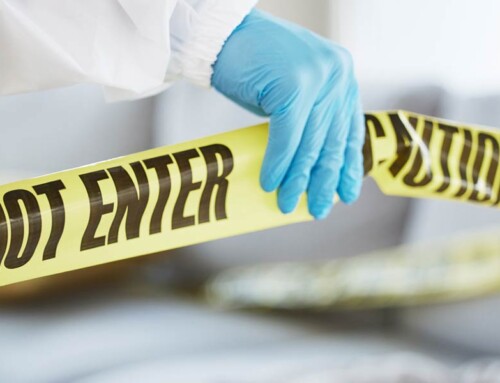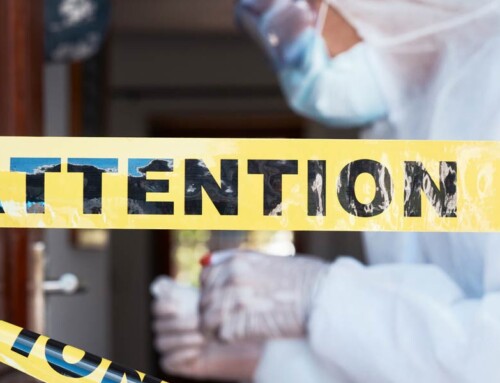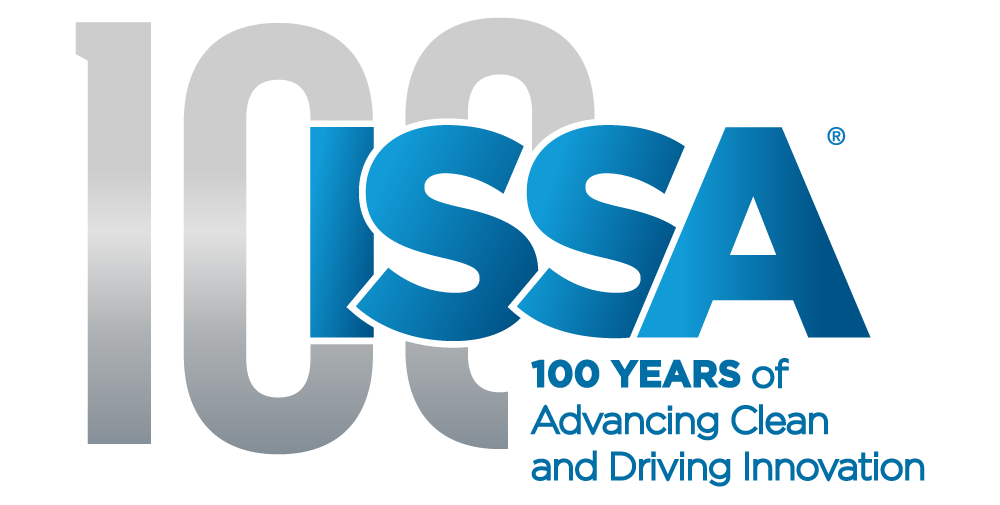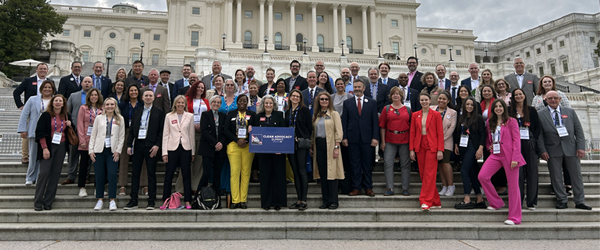Building a Successful Cleaning Company Training Program
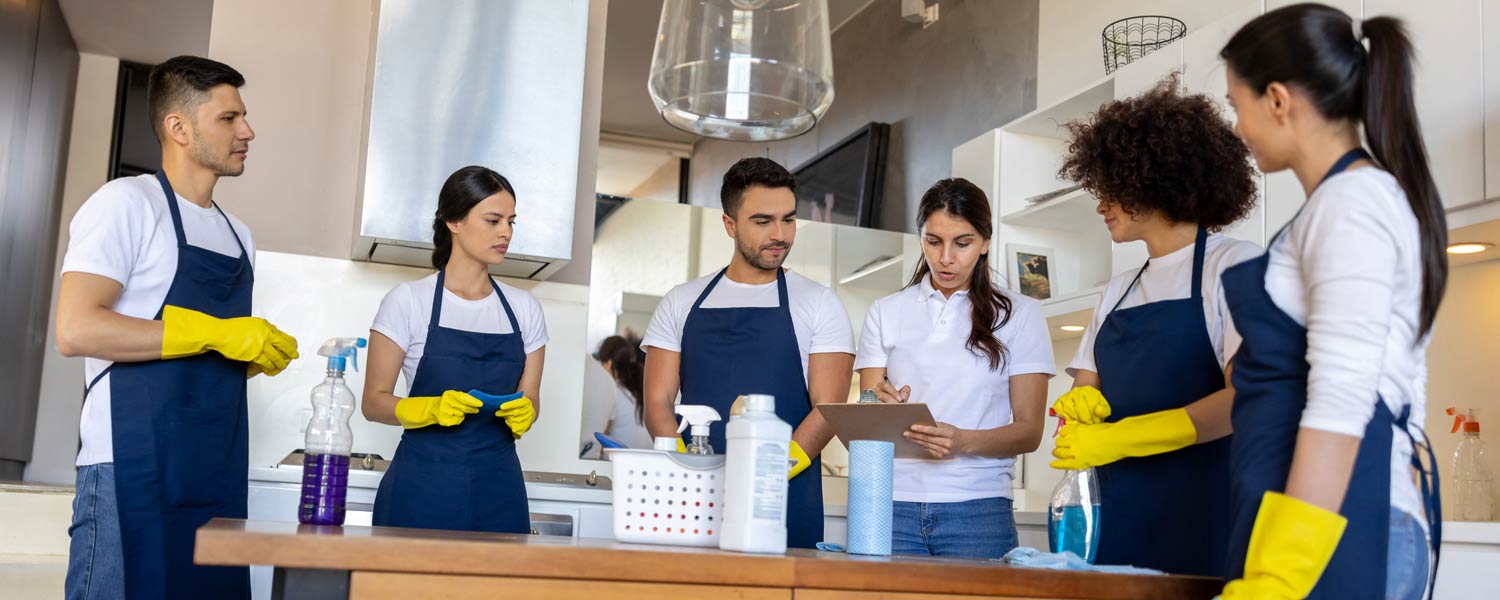
In today’s fast-paced cleaning industry, one of the most important investments you can make is in your team. A cleaning company training program helps you ensure high standards, consistency, and client satisfaction, all of which are crucial for long-term success. Whether you are a new cleaning business or looking to enhance an existing one, a structured training program helps boost employee morale, minimize mistakes, and improve overall service quality.
At CIMS, we offer resources that can help you develop a training program aligned with industry standards. Here’s a step-by-step guide to building an effective cleaning company training program that will set your business apart in a competitive market.
The Importance of a Comprehensive Cleaning Company Training Program
A well-structured training program offers many benefits for your cleaning company, including:
- Enhanced Service Quality: Proper training ensures that your team knows the best cleaning techniques and methods for different surfaces and spaces, improving the quality of your service.
- Consistency Across Teams: A well-documented training program makes it easy to maintain uniform standards across your cleaning staff, ensuring every job meets your company’s expectations.
- Employee Engagement and Retention: Offering training shows your employees that you care about their professional growth, which can reduce turnover rates and increase job satisfaction.
- Safety and Compliance: Regular training ensures employees follow safety protocols, protecting both themselves and the clients they serve.

Step-by-Step Guide to Building Your Cleaning Company Training Program
- Assess Core Training Needs
Before you start creating your program, take time to assess the key areas where your team needs training. While each business will have its own specific needs, certain training topics are universal in the cleaning industry, such as:
- Cleaning Methods and Techniques: Effective cleaning techniques for various surfaces (carpets, hardwood floors, glass, etc.) should be the backbone of your training program.
- Safety Procedures: Employees need to be trained on proper handling and disposal of cleaning chemicals, as well as using equipment safely to avoid injuries.
- Customer Service Skills: Teach your staff how to engage with clients professionally, manage conflicts, and communicate clearly.
- Equipment and Product Knowledge: Make sure employees know how to properly operate and maintain the tools and machinery they use daily.
- Create Training Modules
After identifying the necessary topics, break down the training into specific modules. Each module should cover a key area of expertise and be easy for employees to follow. Typical training modules might include:
- Introduction to Company Standards: Cover company policies, the importance of cleanliness, and expectations for customer service.
- Hands-On Cleaning Training: Show employees how to handle various tasks like dusting, vacuuming, window cleaning, and using cleaning equipment like floor scrubbers or pressure washers.
- Safety Training: Ensure your employees are well-versed in safety protocols and emergency procedures.
- Customer Interaction: Teach staff how to handle client requests, communicate professionally, and manage difficult situations.
- Leverage Technology and Resources
Technology plays a significant role in streamlining training efforts. You can use learning management systems (LMS) to create online training courses that employees can access remotely. Video tutorials, virtual webinars, and interactive modules can also be helpful.
For example, if you have team members working at different job sites, digital training allows them to access the same materials and resources, ensuring consistent training standards. At CIMS, we provide online training courses and certification programs that can support your company’s growth.
- Provide Practical, On-the-Job Training
While theoretical knowledge is essential, nothing beats hands-on training when it comes to cleaning. After employees learn about cleaning techniques and safety measures in theory, allow them to apply what they’ve learned in real-world settings. Practical training could involve:
- Mentoring and Shadowing: Pair newer employees with experienced staff for on-the-job guidance and support.
- Mock Cleaning Exercises: Set up training environments where new hires can practice cleaning tasks under supervision. This helps employees gain confidence in their abilities before going out to serve clients.
- Supervised Practice: Let new staff clean real properties but ensure they’re monitored by more experienced workers until they’re fully capable of doing it on their own.
- Measure Training Effectiveness
After each training module, it’s important to evaluate how well your employees have learned the material. This could be done through written exams, practical tests, or direct observation. Make sure you provide feedback so employees can improve.
Additionally, consider collecting feedback from your team about the training program itself. Understanding what they found helpful—and what they struggled with—will help you make improvements for future training sessions.
- Emphasize Certification and Compliance
A strong training program should also include compliance with industry standards. Obtaining certification through programs like CIMS (Cleaning Industry Management Standard) can set your cleaning company apart from competitors. Certification ensures your company adheres to high standards in quality, safety, and customer service.
To learn more about CIMS and how it can elevate your cleaning services, visit CIMS Certification.
Best Practices for Ongoing Employee Training
Training shouldn’t stop once an employee completes their onboarding. Ongoing education is critical to maintaining a high level of service and staying up-to-date with industry changes. Here are some best practices for continuous training:
- Regular Refresher Courses: Offer periodic training updates to keep your team informed about new cleaning products, equipment, or techniques.
- Create a Mentorship Program: Pair new employees with experienced team members to offer guidance and a more personalized learning experience.
- Celebrate Certifications and Achievements: Recognizing employees who complete certifications or achieve milestones helps motivate them to continue developing their skills.
Conclusion
A robust cleaning company training program is essential for achieving long-term success in the cleaning industry. By investing in employee education, you enhance service quality, reduce mistakes, and ensure consistency across your operations. Furthermore, compliance with industry standards such as CIMS certification demonstrates your company’s commitment to excellence and customer satisfaction.
A well-trained team is a productive team. Providing the right training resources, using technology effectively, and offering ongoing education will ensure your cleaning company thrives.
For more information on CIMS and how it can benefit your cleaning company, check out this CIMS Certification Page.
External Resources for Further Reading:
- OSHA Safety Training for the Cleaning Industry : Offers essential guidelines on safety training for cleaning professionals.
- The Importance of Cleaning Certifications : An overview of the importance of certifications in the cleaning industry.

